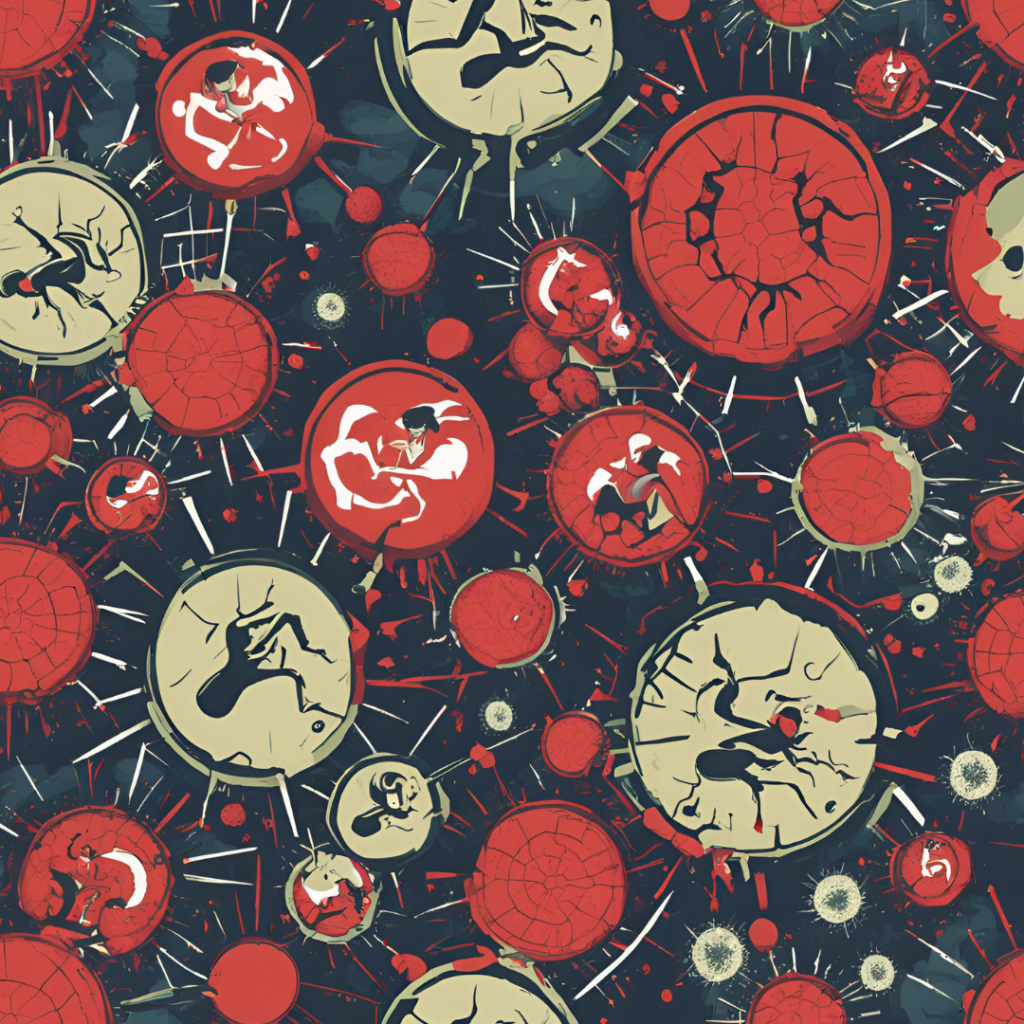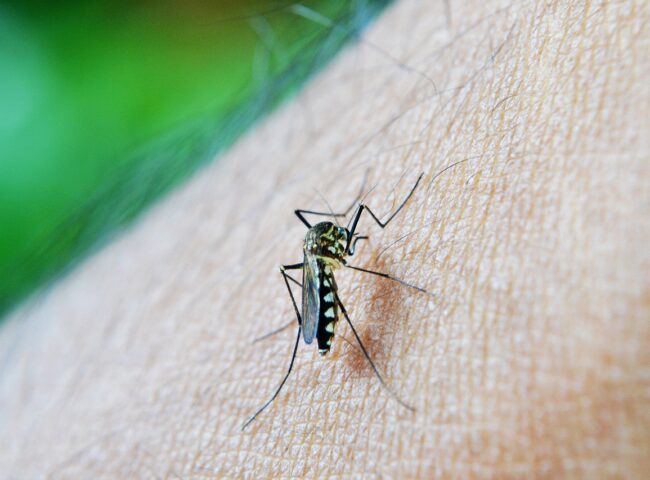As the world continues to grapple with the effects of COVID-19, one of the lingering concerns is its impact on lung health beyond the acute phase of infection. Recent studies have shed light on the potential long-term effects of COVID-19 on lung function, highlighting both the challenges and the evolving understanding of this novel virus.
Long-Term Respiratory Complications: COVID-19, caused by the SARS-CoV-2 virus, primarily affects the respiratory system, leading to symptoms ranging from mild respiratory distress to severe pneumonia and acute respiratory distress syndrome (ARDS) during the acute phase. For some individuals, particularly those who experienced severe illness, recovery may be complicated by persistent lung damage. This damage can manifest as fibrosis, scarring of lung tissue, or reduced lung capacity, impacting respiratory function over the long term.
Chronic Respiratory Symptoms: Many COVID-19 survivors report ongoing respiratory symptoms post-recovery. These symptoms include shortness of breath, coughing, and fatigue, which can significantly impair quality of life and daily functioning. Such persistent symptoms, often referred to as post-acute sequelae of SARS-CoV-2 infection (PASC), underscore the need for continued monitoring and support for affected individuals.
Pulmonary Rehabilitation and Management: In response to these challenges, pulmonary rehabilitation programs have emerged as a crucial component of post-COVID-19 care. These programs aim to improve lung function, alleviate symptoms, and enhance overall well-being through a combination of exercise, respiratory therapy, and patient education. Early initiation of rehabilitation efforts is believed to offer the best chance of recovery and adaptation to any long-term lung damage caused by COVID-19.

Research and Future Directions: Ongoing research is essential to further understanding the full spectrum of COVID-19’s impact on lung function. Studies continue to explore the mechanisms of lung injury, risk factors for severe outcomes, and optimal strategies for long-term management. This research not only informs clinical practice but also guides public health policies aimed at mitigating the long-term health consequences of the pandemic.
The long-term effects of COVID-19 on lung function represent a complex and evolving area of study. While many individuals recover fully from respiratory symptoms, some face challenges related to persistent lung damage and impaired function. Through continued research, comprehensive care strategies, and support for affected individuals, healthcare providers and researchers strive to mitigate these long-term impacts and improve outcomes for all COVID-19 survivors.
FAQ Section:
1. What are the common long-term respiratory symptoms of COVID-19? Common long-term respiratory symptoms include persistent cough, shortness of breath (dyspnea), chest tightness, and fatigue. These symptoms can persist for weeks to months after the acute phase of infection.
2. How does COVID-19 impact lung function in severe cases? Severe cases of COVID-19 can lead to acute respiratory distress syndrome (ARDS), requiring mechanical ventilation. This severe respiratory illness can result in long-term lung damage such as fibrosis, reduced lung capacity, and impaired gas exchange.
3. Who is at risk for developing long-term lung complications after COVID-19? Individuals who experienced severe COVID-19 illness, required intensive care unit (ICU) admission, or had prolonged periods of mechanical ventilation are at higher risk for long-term lung complications. However, even individuals with mild to moderate COVID-19 may experience persistent respiratory symptoms.
4. How can pulmonary rehabilitation help COVID-19 survivors with lung function recovery? Pulmonary rehabilitation programs are tailored to improve lung function, enhance exercise tolerance, and reduce respiratory symptoms in COVID-19 survivors. These programs typically include exercises, breathing techniques, education on self-management, and psychosocial support.
5. What are the ongoing research efforts focused on COVID-19’s long-term effects on lung health? Ongoing research aims to understand the mechanisms of lung injury caused by COVID-19, identify biomarkers for predicting long-term outcomes, and evaluate the efficacy of treatments and rehabilitation strategies. This research is critical for optimizing care and improving outcomes for individuals affected by COVID-19.
6. How can individuals protect their lung health after recovering from COVID-19? After recovering from COVID-19, individuals are advised to maintain a healthy lifestyle, including regular physical activity, balanced nutrition, smoking cessation (if applicable), and adherence to medical recommendations. Monitoring respiratory symptoms and seeking medical advice for any concerns are also important steps in protecting lung health post-recovery.







Leave feedback about this